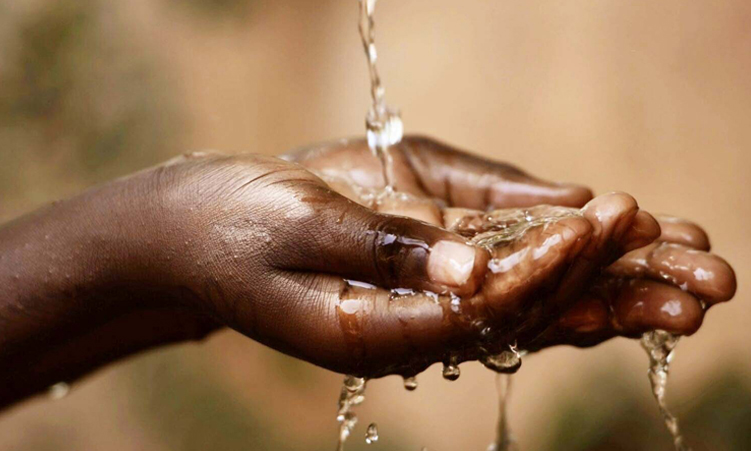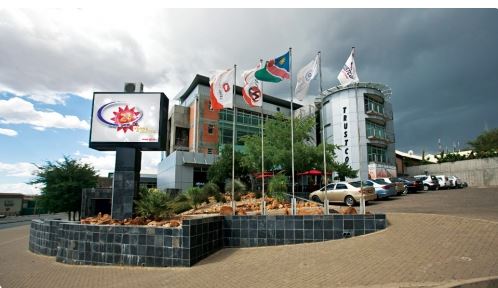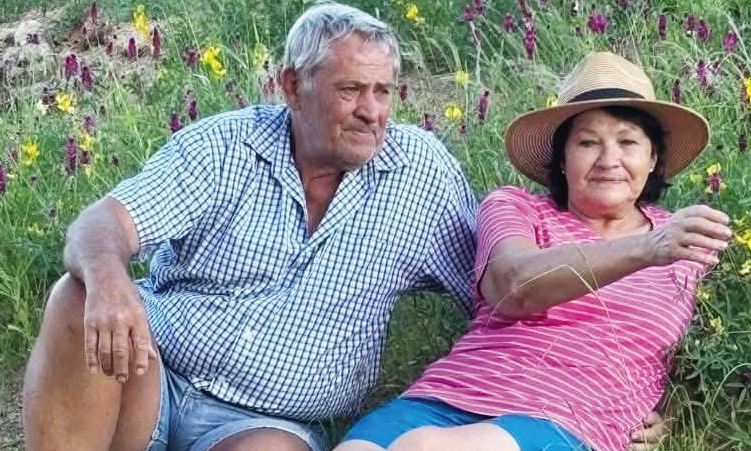Environmentalists say the recurring Windhoek water supply shortage is due to a lack of awareness of recycling water.
This comes after the municipality on Friday declared a category D drought due to the city’s water reservoirs teetering below 15% since June 2023.
To avoid a possible water crisis, the municipal council implemented water restrictions. Gardens may only be watered once a week, vehicles may only be washed at certified commercial car washes and swimming pools are to be covered and not filled or refilled from public supply.
The city has placed penalty rates on high water consumption levels, and residents are expected to perform daily water metre readings to identify leaks. Water lost due to leaks will not be refunded.
The Namibian reported in 2023 that residents were compelled to wash their cars using buckets, water their gardens twice a week and keep swimming pools covered.
City of Windhoek spokesperson Lydia Amutenya says the water supply to Windhoek is affected by the low capture of water in the Von Bach, Swakoppoort and Omatako Dams.
“These dams are all rain fed, and thus, if runoff into the dams were poor, the dam levels will also be lower than the same time the previous year,” she says.
The municipality is highly reliant on bulk water supply from the Namibia Water Corporation and has limited resources to augment during normal supply and seasonal droughts.
However, environmental educator Maria Johannes says residents will continue to feel the brunt of each drought season, because people wait for water levels to drop before taking water-saving measures seriously.
“We shouldn’t do all this while we are in a water crisis, but rather cultivate ways in which we as Namibians care for our water,” she says.
Johannes says recycled water will continue to be affected due to the evaporation until alternative water resources are established.
Plans to create desalination plants to supply water to Windhoek from the coast are costly due to Windhoek’s higher altitude, and it may take years to come into fruition.
She says water management should not only be taken seriously during severe water scarcity but always, and suggests residents adopt an urgency to recycle water and not wait for the municipality to send out messages about the depleting reservoirs.
“More awareness of and education on water recycling has to be applied during all months of year and not just in times of drought,” she says.
Stay informed with The Namibian – your source for credible journalism. Get in-depth reporting and opinions for
only N$85 a month. Invest in journalism, invest in democracy –
Subscribe Now!










